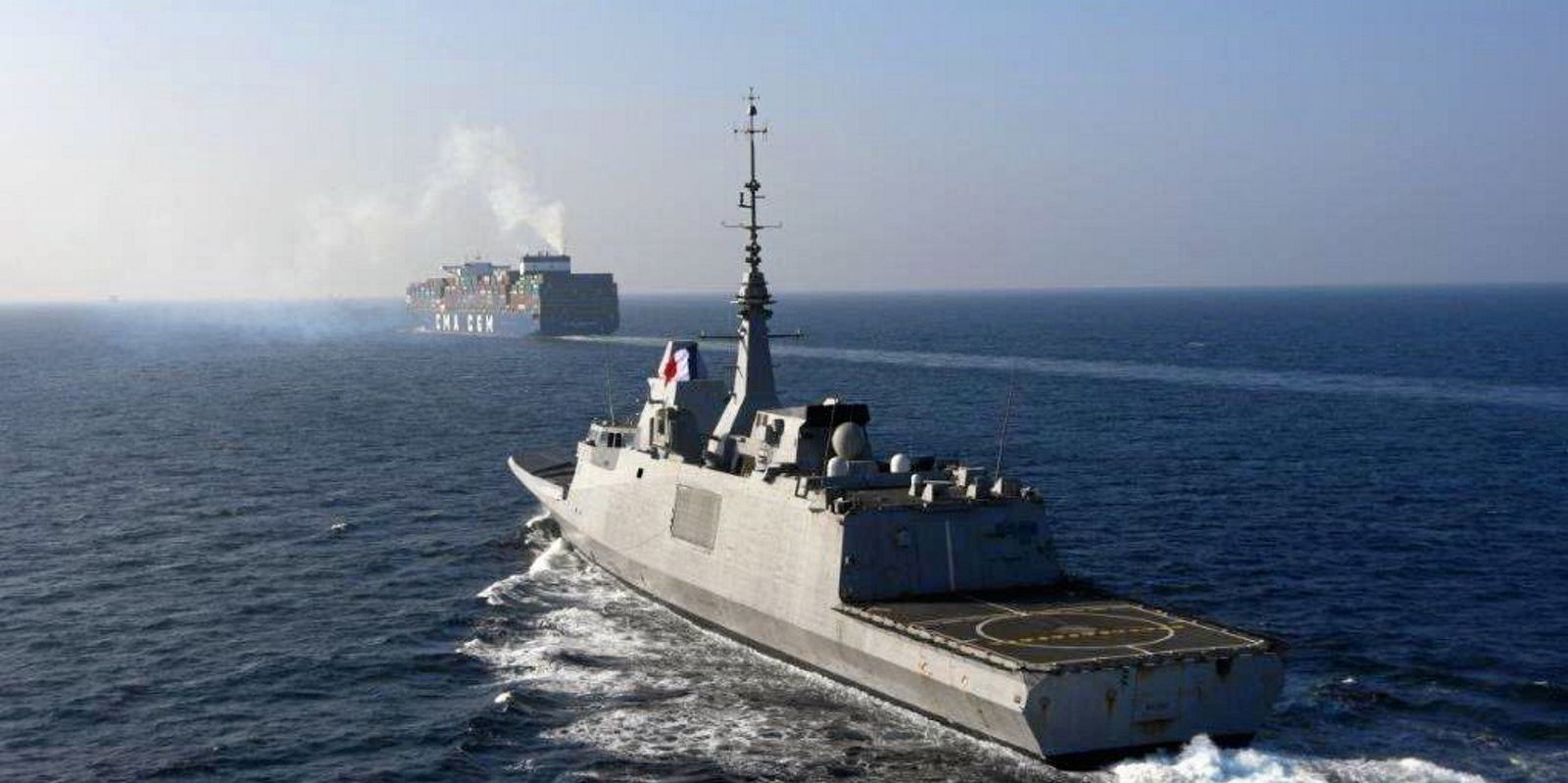The Houthi regime in Yemen has vowed to continue targeting shipping in the Red Sea after the latest rocket attack on Thursday against a British-operated bulker.
Crew reported an attack from a rocket that landed close to the 58,800-dwt Lycavitos (built 2007), some 160 km east of Aden. Shrapnel from the explosion caused minor damage.
None of the crew on board the ship, operated by London-based Helikon Shipping Enterprises, was hurt. The company declined to comment on the attack.
Houthi armed forces spokesman Yahya Saree claimed that the operation was carried out “with appropriate naval missiles”.
He said the regime was retaliating for “American-British aggression” after airstrikes against targets in Yemen carried out by the two countries.
The attack against the bulk carrier came a day after US forces said they had successfully attacked missiles and aerial and naval drones in Houthi-controlled areas of Yemen that were preparing to launch against ships in the Red Sea.
US Central Command said they “presented an imminent threat to US Navy ships and merchant vessels in the region”.
The leader of the Iran-backed Houthis promised to continue the missile strikes for as long as Israeli attacks continue against Palestinians in Gaza.
“Our operations have a big impact on the enemy, which constitute a great success and a real triumph,” Abdul-Malik al-Houthi said, according to Reuters.
The group resumed attacks against shipping on Monday after a six-day lull.
The targets included the 76,500-dwt Star Iris (built 2004), owned by US-listed Star Bulk Carriers.
Another of its ships, the 82,300-dwt Star Nasia (built 2006), was targeted six days earlier.
The company said it was stopping all transits through the Red Sea.
The Houthis have carried out more than 50 attacks on shipping in the Gulf of Aden and Red Sea since 19 November.
Many ships have rerouted around the Cape of Good Hope, adding distance and time to their voyages.
PortWatch, a database run by the International Monetary Fund and Oxford University, reported that maritime traffic through the Red Sea in the first 11 days of February was down 45% year on year.
In nearly two months since vessels began rerouting away from the area, about 1,250 fewer commercial ships have passed through the Suez Canal, it said.
Read more
- Double missile attack spurs Star Bulk to drop Suez Canal transits
- Scorpio Tankers executives open up on Red Sea impact after stellar profit
- ‘Unsettling exposure’: Reinsurers face fire after pulling P&I Red Sea cover
- Red Sea crisis hits Wallenius Wilhelmsen profit and car carrier market outlook
- Navios eyes charter or sale opportunities as container ships come open in rising market





